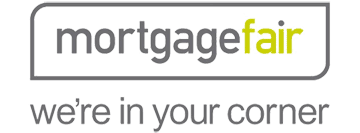Consolidation
What do I need to know about Debt Consolidation?
Not to confuse it with debt elimination.
If you’re swamped with credit card debt and personal loans, it can sometimes help to talk to a professional about Debt Consolidation. However, you need to be wary. You might end up paying more in the long term and/or reduce the equity in your home.
What is Debt Consolidation?
Debt Consolidation is where you transfer your credit card debt and any personal loans to your Mortgage. The advantage of doing this is that the interest rate on your Home Loan is likely to be lower than you’re paying on your smaller debts. You might also benefit from a regular manageable repayment. However, there are some things you need to be aware of.
Debt Consolidation is not debt elimination
Since Debt Consolidation clears the debt from your credit cards, the temptation is to think that you’ve paid off the debt. But you haven’t. You’ve merely transferred the debt to your Mortgage. So, once you’ve consolidated your debts, consider snipping your credit cards in two. Otherwise, you could get trapped in a debt spiral.
Remember the 80% LVR threshold
When you took out your Mortgage, you might have been under the 80% Loan-To-Value ratio, which meant that you didn’t have to pay Lenders Mortgage insurance. Be careful when you consolidate your debts that you don’t reduce the equity in your home and have to pay Lenders Mortgage Insurance.
Personal loans aren’t tax deductible
Interest charges on an investment loan are tax-deductible but interest on a Home Loan isn’t. When you consolidate your debts, you need to be mindful of how much interest you can claim as a tax deduction. Seek advice from a tax agent before making a decision in this area. To learn more about Debt Consolidation, contact a Mortgage Fair Broker today.











